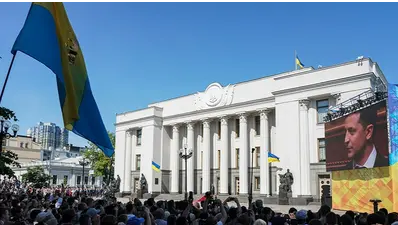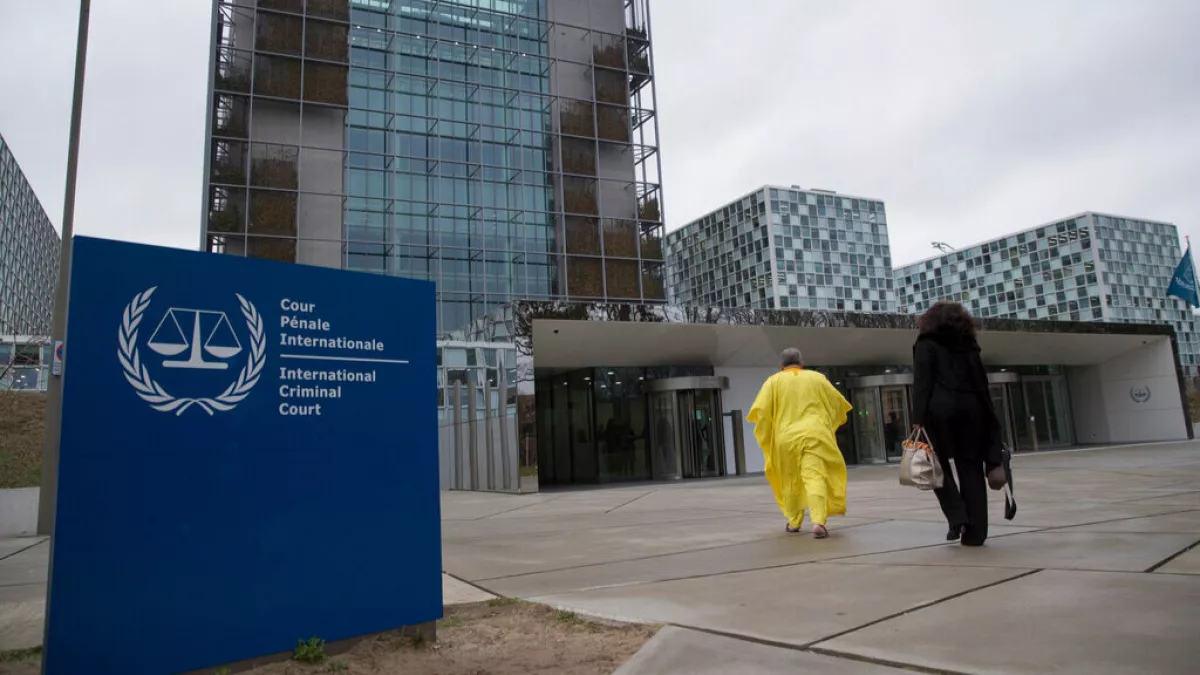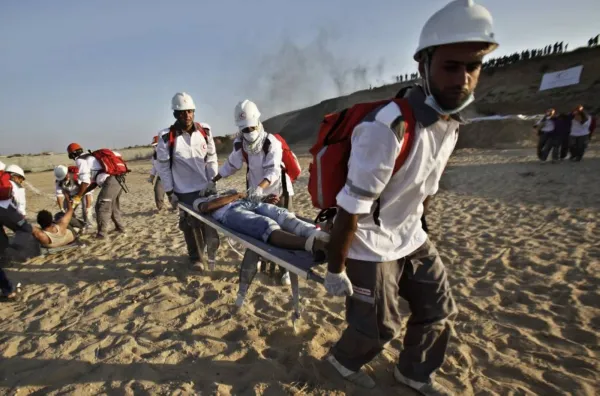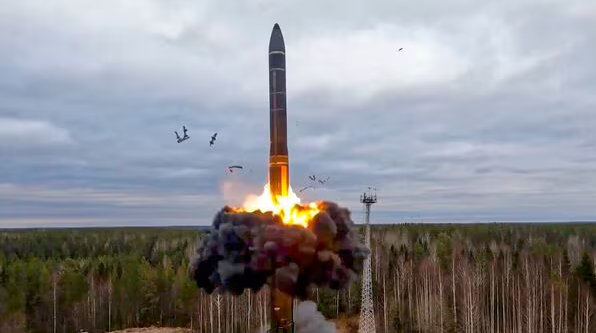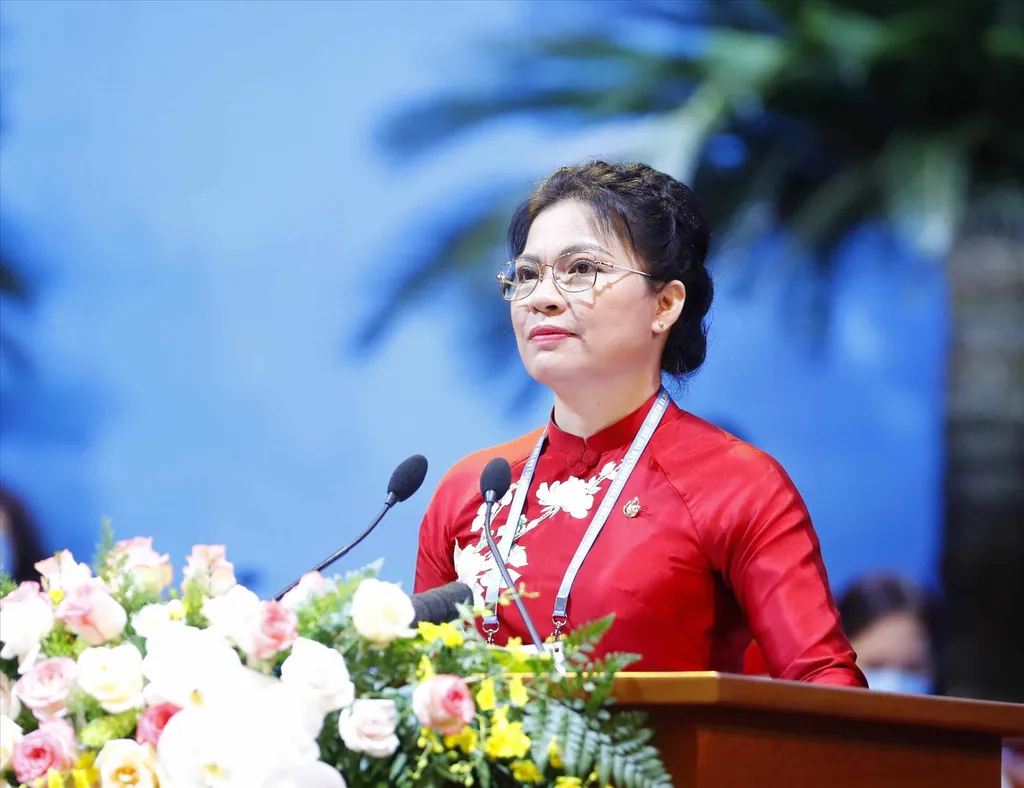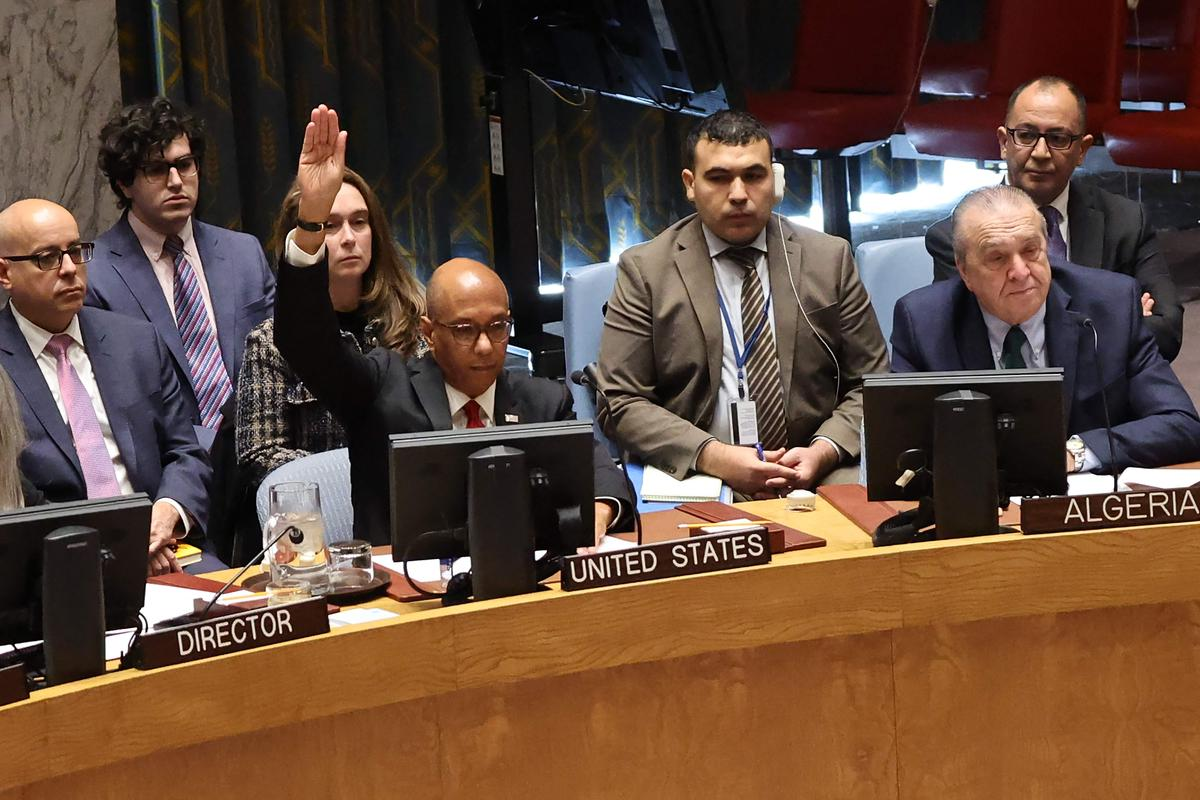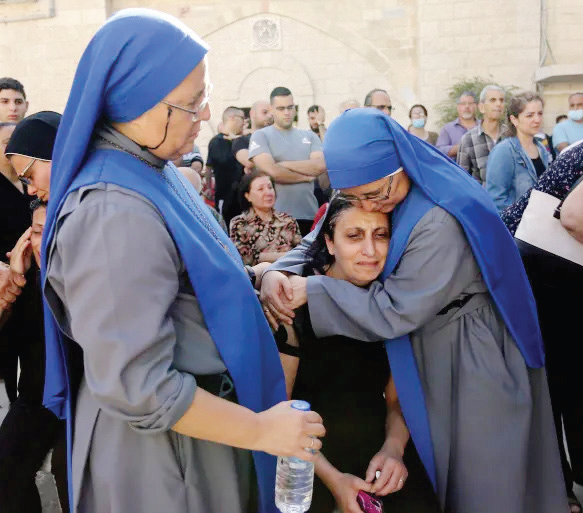
Palestinian Christians despair as Gaza homeland destroyed by Israeli bombardment
NT Correspondent
Bengaluru/Gaza
When Khalil Sayegh thinks back to his childhood in the Gaza Strip, the Greek Orthodox Church of Saint Porphyrius looms large in his memory, reports Al Jazeera. Sayegh, now 29, remembers the weddings, the Sunday School classes, the music lessons and the visits to the tiny graveyard. They have been deeply angered by the current Democratic Party administration’s failure to hold Israel to account for a war which has resulted in the deaths of more than 43,391 Palestinians and thousands more who are missing and presumed dead under the rubble. More than 100,000 people have been injured and nearly all the enclave’s population of 2.3 million are displaced. The church and surrounding compound, parts of which date back to the 5th century CE, was a hub for Gaza’s Christian community. Today, much of it lies in ruins. In October last year, an Israeli air strike destroyed one of the buildings in the compound, killing at least 17 people. About 400 Palestinians, both Christians and Muslims, had taken refuge there, in the hope that the church would be spared the devastating bombing being visited on the surrounding area. The church was among a number that had opened their doors to Palestinians fleeing the air strikes, which began on October 7 last year.
‘My heart was broken’ On the other side of the city, the Catholic Parish of the Holy Family had also welcomed about 600 of them, among them Sayegh’s parents and two of his siblings. In December, a few months after the family had arrived at the church, an IDF sniper killed two Christian women, a mother and daughter, as they walked from one building within the Holy Family compound to another. One was shot as she attempted to carry the other to safety. Then, on December 21, a few days before Christmas, Sayegh’s father, Jeries traumatised by what he had seen suffered what appeared to be a heart attack, which eventually proved fatal. He was 68 years old.
“There was no medication left in the compound, and ambulances were not allowed in by the IDF,” Sayegh tells Al Jazeera. “If my father had been able to access medical care, he would still be here today.” Several months later, tragedy would strike again. In April, Sayegh’s 18-year-old sister, Lara, died apparently from heatstroke as she attempted to flee Gaza via the southern border.
 English daily published in Bengaluru & Doha
English daily published in Bengaluru & Doha

